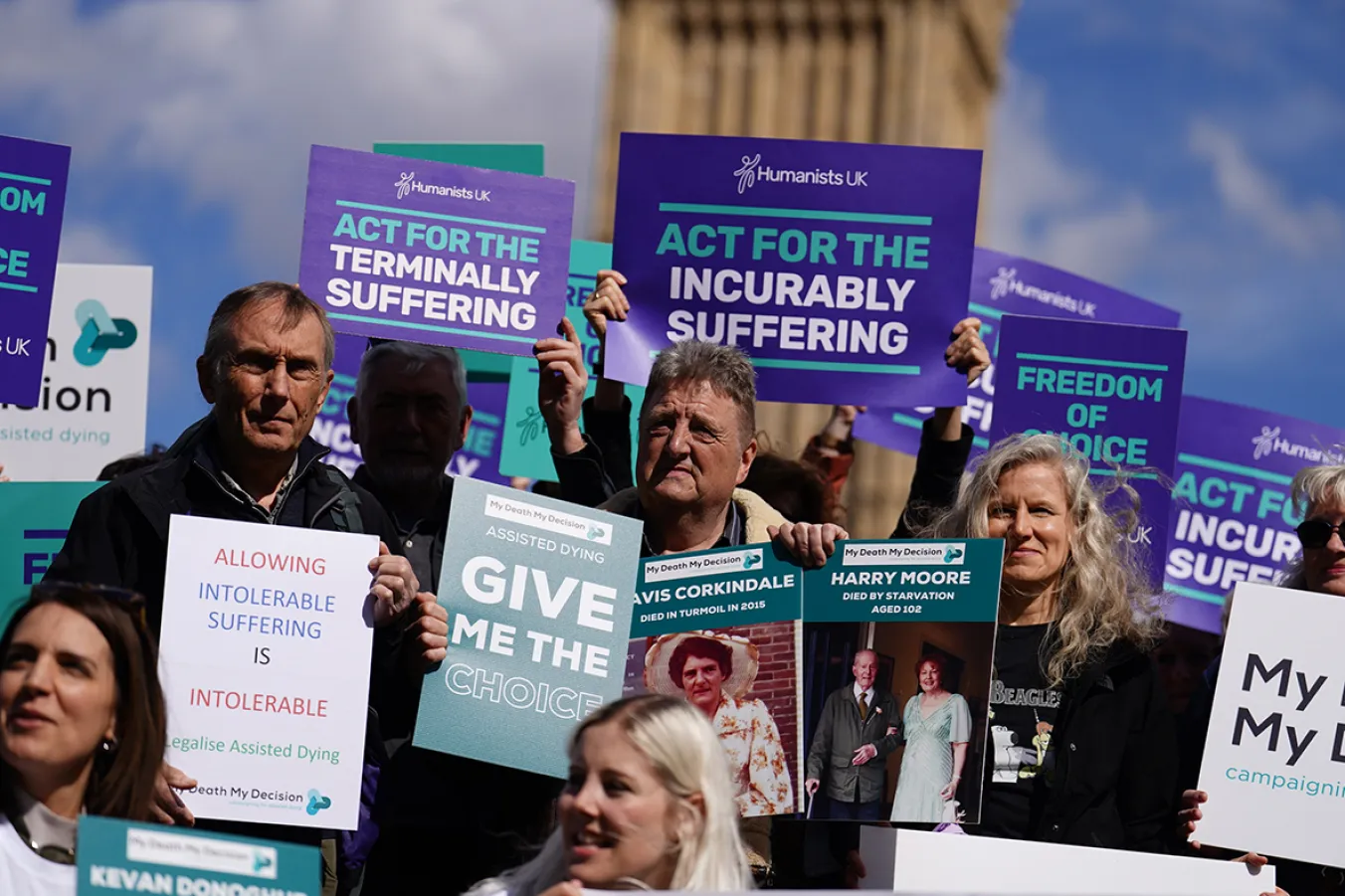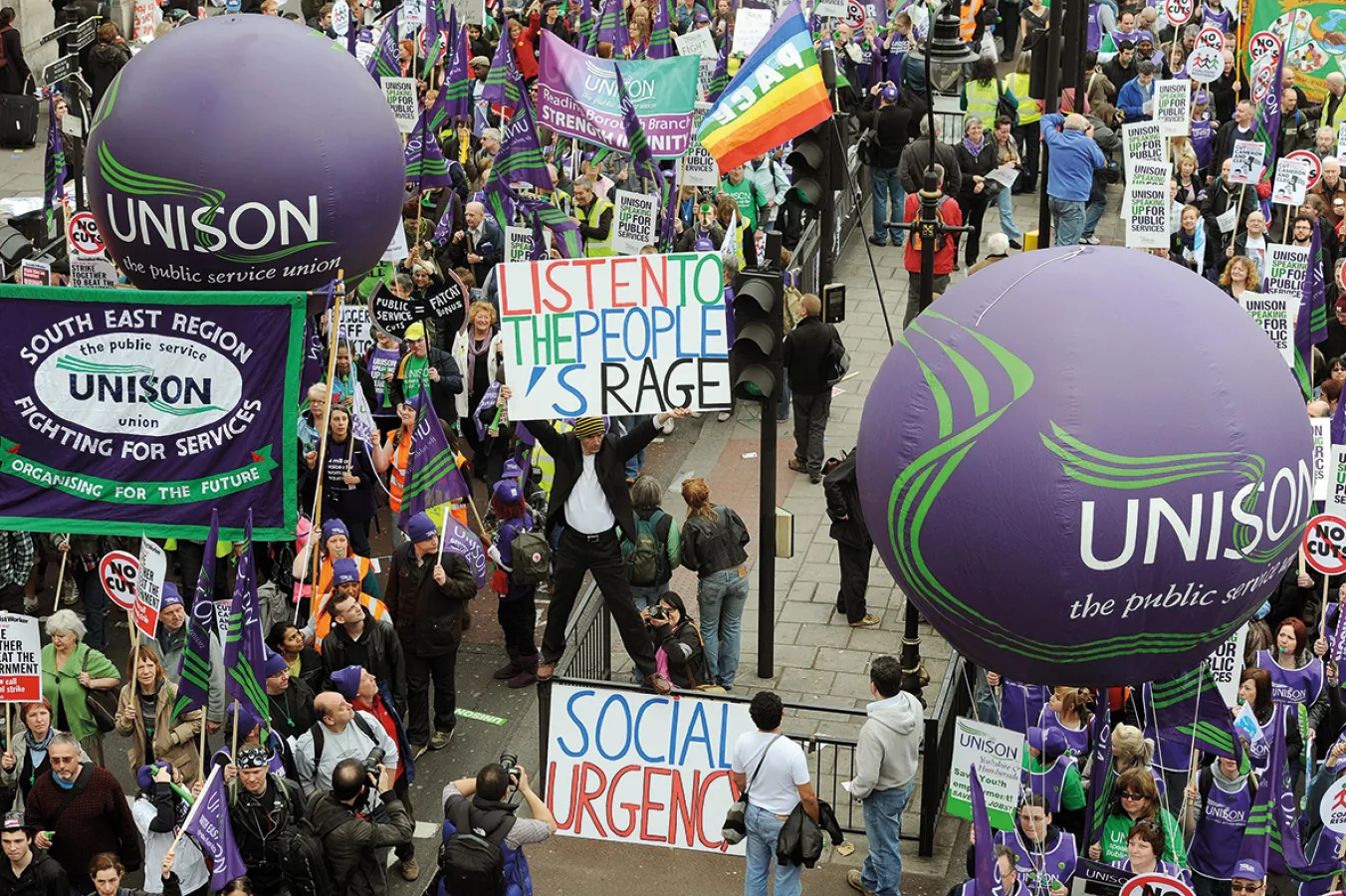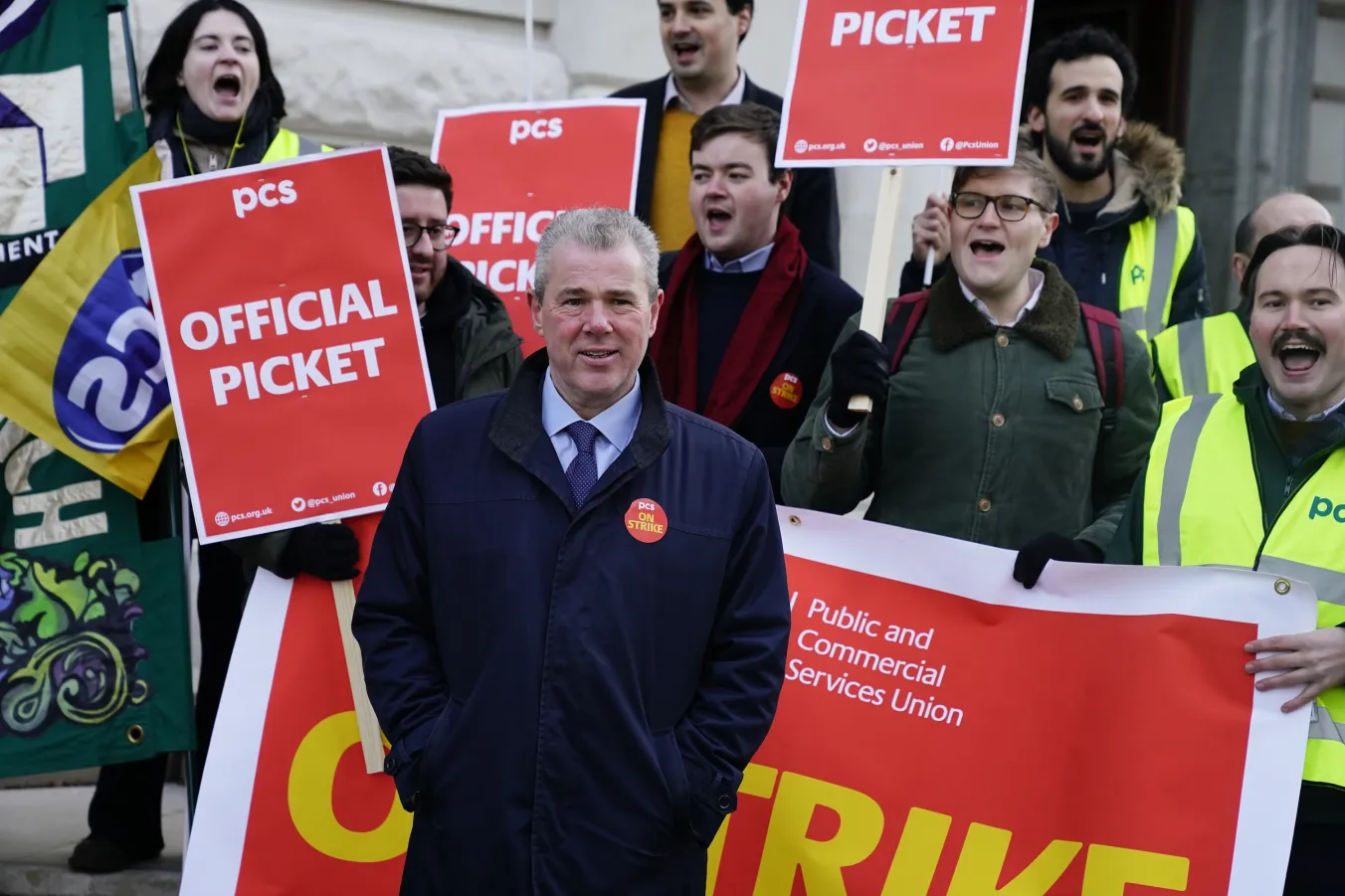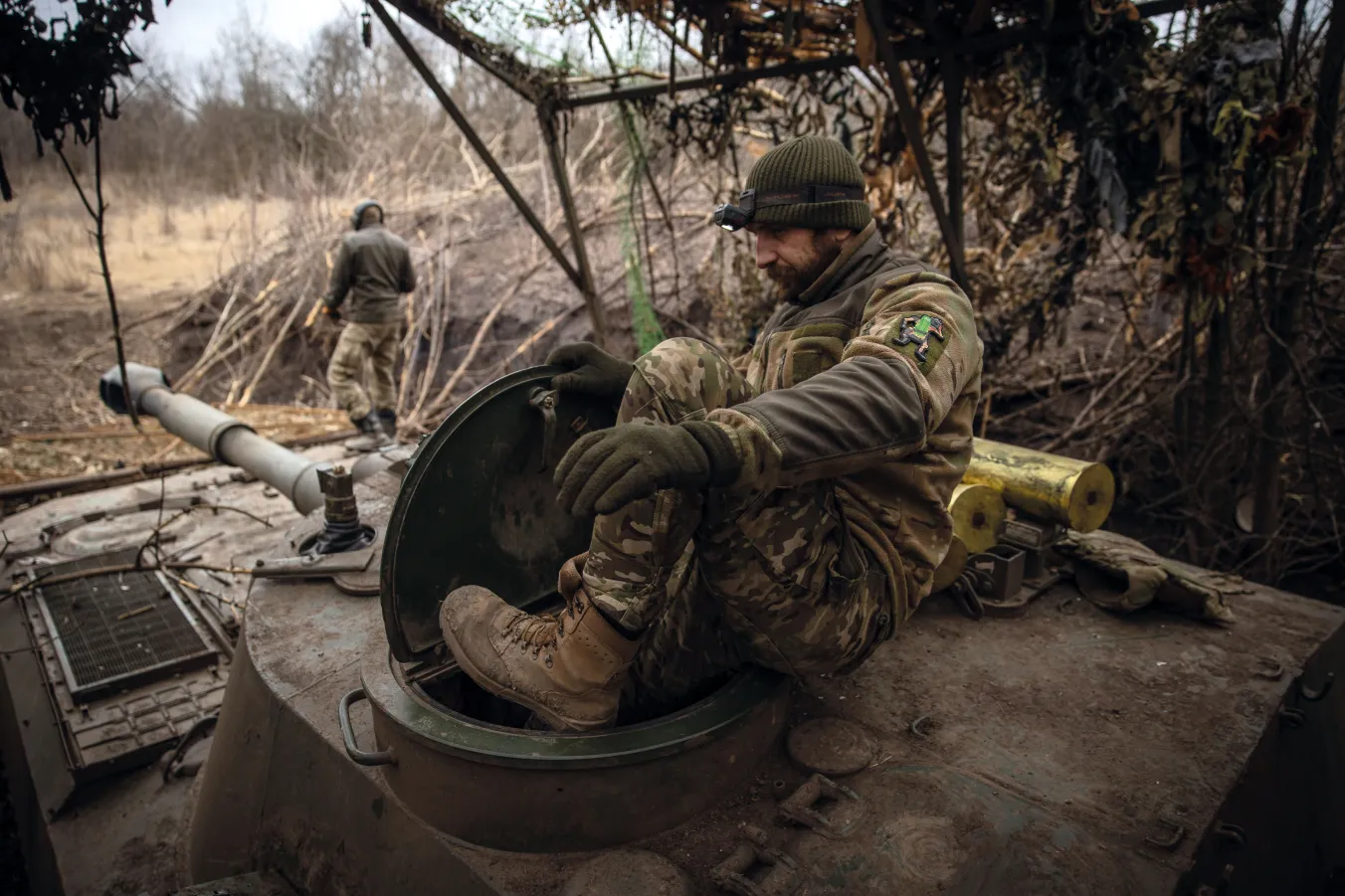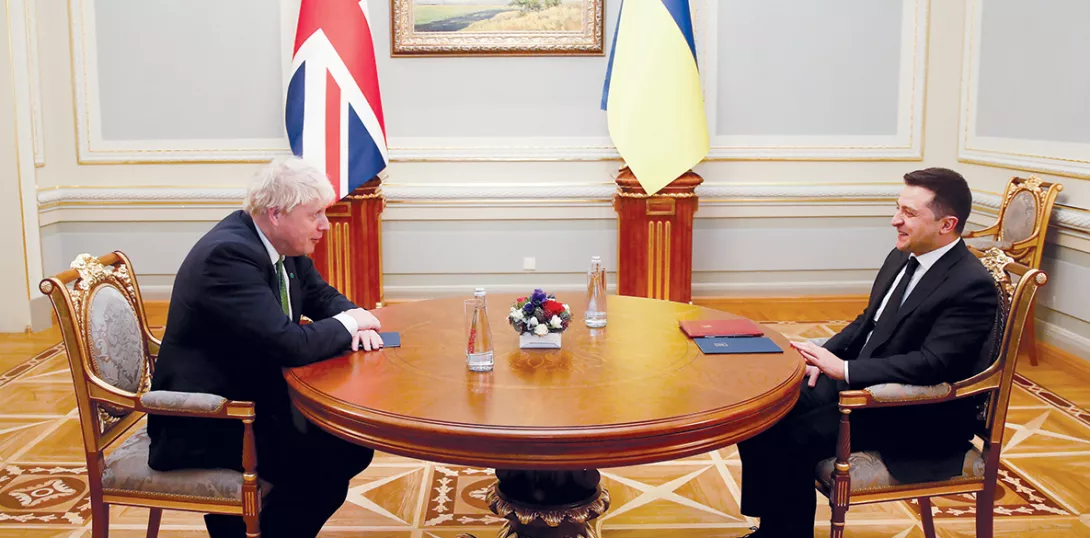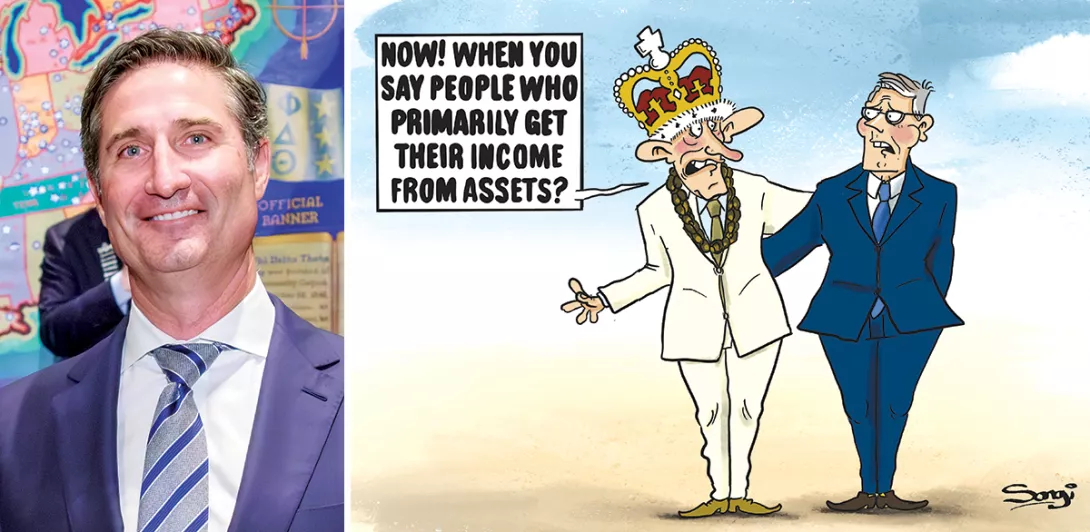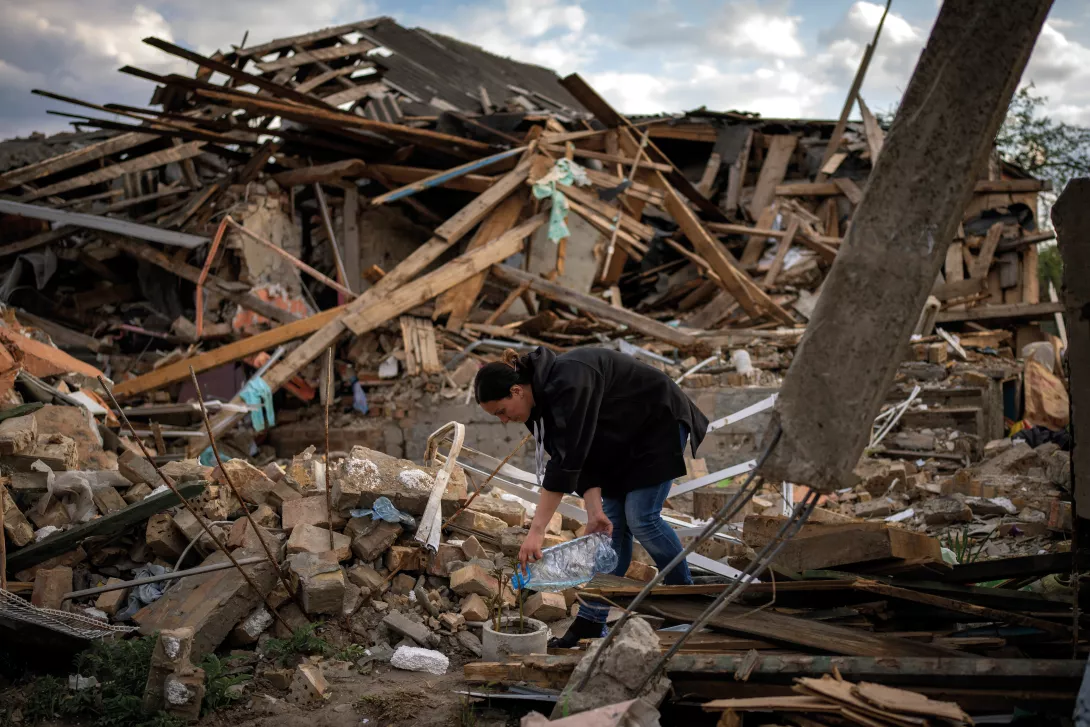
THE Washington Post’s plea to end “magical thinking” on Ukraine and Nato chief Jens Stoltenberg’s admission that “we should be prepared for bad news” are recognitions of the unfolding strategic disaster facing Nato following the defeat of Zelensky’s counteroffensive with its catastrophic loss of life — mainly Ukrainian, but Russian too.
There is no military stalemate as Stoltenberg claims; Russia is waging a ruthless war of attrition that is systematically destroying and degrading Ukraine’s military capability. While assessing the outcome of any war must be highly conditional, Russia clearly has the upper hand, a situation unlikely to change.
Washington knows the war is lost and a consensus is emerging that financing Ukraine no longer represents a sound investment. Biden’s dilemma is how to explain yet another self-inflicted foreign policy debacle and mitigate damage in the presidential election next year.
With no strategic contingency for such a defeat, the US elite will seek to blame everyone but themselves as they prepare to cut and run, claiming money to support Ukraine is “running out.”
Biden’s scaremongering propaganda that Putin will march westward if Ukraine falls, forcing the US to defend its European Nato allies, is face-saving grandstanding to divert blame onto his Republican opponents blocking his latest aid package, itself so nugatory it will make little difference to Ukraine’s military campaign.
The neocons chose to ignore warnings from recently deceased war criminal Henry Kissinger and CIA director William Burns not to embark on their dangerous adventure to weaken Russia by imposing a hostile Nato-affiliated Ukrainian regime on its very borders, advising instead to build bridges with their fellow exploiters in the Putin oligarchy. Now the consequences of this war will echo for generations, and way beyond the borders of Ukraine itself.
Limitations of US power have been repeatedly exposed in conflicts from Vietnam to Afghanistan, but the defeat in Ukraine of a Nato-trained and equipped army has revealed weakness on a qualitatively different scale, economically, politically, and militarily.
Decades of neoliberal deindustrialisation is one cause that explains why Nato cannot match Russia and its allies’ rate of shell production, a situation it will take years to remedy.
Predictably, Stoltenberg and Western politicians now demand massive increases in defence spending in a new arms race in conventional weaponry, which will deepen instability, reaction, and class antagonisms as further attacks on welfare, public services, and standards of living intensify.
The international “rules-based order” is collapsing under the weight of its own double standards and is being dealt a potentially mortal blow with Biden’s complicity in Israel’s genocidal war in Gaza.
Global South nations increasingly conclude their interests lie with China and Russia in Brics, not in the instability and destruction that seems to follow US intervention against any regime that won’t toe the line.
As economic, political, and military rivalries develop and intensify, wars to secure markets and impose hegemony are not just probable but inevitable.
If “war is politics with other means,” then military defeat means political defeat too: what cannot be won on the battlefield will never be secured at the negotiating table.
The US is pressing Ukraine to negotiate a deal with Russia, but amidst divisions, personalised in an undisguised power struggle between Zelensky and commander-in-chief Valerii Zaluhznyi, itself a consequence of factional antagonisms within the Ukrainian oligarchy, now weighing where their future interests best lie, provoking rumours of coups and countercoups, there are no good options for the regime.
Elected on a promise to implement a peaceful resolution to antagonisms unleashed by the US-backed Maidan coup in 2014, Zelensky immediately capitulated to Nato hawks and ultra-nationalists itching to confront Russia, he repressed Russian ethnic minority rights and intensified the eight-year bombardment of Donbass that resulted in over 10,000, mainly civilian, deaths.
Such detail is ignored by those choosing to believe history began with Russia’s invasion, a falsehood with its grotesque echo in Israel’s attempt to convince the world the Gaza conflict began on October 7, but this will form a backdrop to any negotiations, one of many reasons why Zelensky is now on borrowed time.
Even before the Russian invasion, which we Marxists condemned as “unjustified” while identifying Nato’s provocative role, an equitable negotiated settlement to avoid war was entirely possible, with Donetsk and Lugansk oblasts given autonomous status.
The Minsk Accords were the basis for such an outcome, but Angela Merkel’s revelation this was a ruse to gain time in order to arm and train a Ukrainian military force capable of defeating Russia was a damning indictment of the West’s strategic foresight.
Only weeks after the invasion a peace deal between the combatants was agreed in Turkey, but Biden dispatched Boris Johnson to instruct Zelensky to keep fighting, promising Nato would not abandon Ukraine.
Another opportunity to negotiate from a position of relative strength after the much-hyped autumn offensive regained some territory was also squandered.
A ceasefire is needed now to stop the slaughter, but as the current balance of forces almost entirely favours Russia, which will dictate terms in any negotiations, Zelensky, or however replaces him, faces a stark dilemma: concede Donbass and Crimea, declare neutrality by abandoning plans to join Nato, or face the continuation of an unwinnable war that may well result in further losses of territory, including Odessa and Kherson, leaving Ukraine a failed state.
With no independent working-class movement, reaction, rather than revolution will be the immediate prevailing force — the oligarchs are incapable of reconstructing civil society in any form that does not reflect their own selfish interests. Although it cannot be ruled out soldiers returning from the battlefields will attempt to settle accounts with those leaders who betrayed them and Ukraine’s interests in the service of Western imperialism.
Ignoring the slanderous accusation of “Putin apologists” Marxists explained such events were not the result of uncontrollable forces over which the working class were powerless, correctly defining the conflict arising from inter-imperialist rivalry for profits and hegemony, with the specific characteristic of Ukraine employed as a proxy.
We warned capitulation to social chauvinism by labour and trade union movement leaders would result in disastrous consequences for the working class, specifically in Ukraine. No amount of denial will challenge the correctness of that analysis.
Triumph for either side in a war between two imperialist “vultures” is a victory for reaction, which is why we say opposition to our own ruling class — “the enemy is at home” — is the only basis upon which international working-class solidarity can be built.
The current weakness of Marxist ideas, of class struggle, will not stop workers from drawing very sharp conclusions about war and capitalism; asked to comment on why she was protesting against the bombing in Gaza a young working-class woman said, “If they can do it in Gaza, they can to it to us.”
That expression of class consciousness and understanding of the barbarous nature of the ruling class, wherever they are, demonstrates in one short sentence the enormous potential for building both the anti-war movement and a revolutionary socialist movement capable of overthrowing a system that offers workers nothing but “horror without end.”
